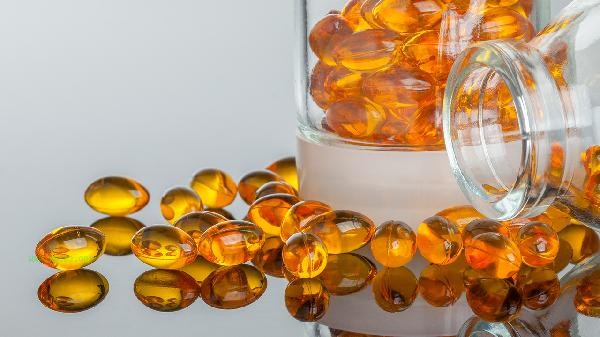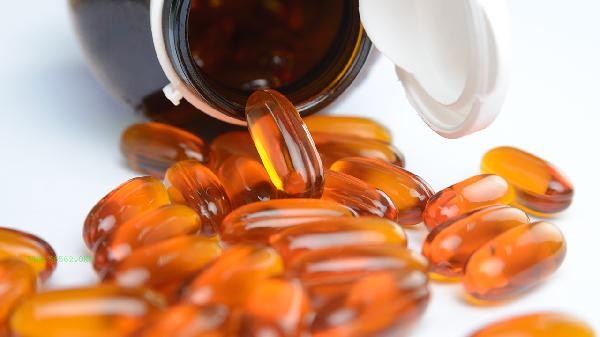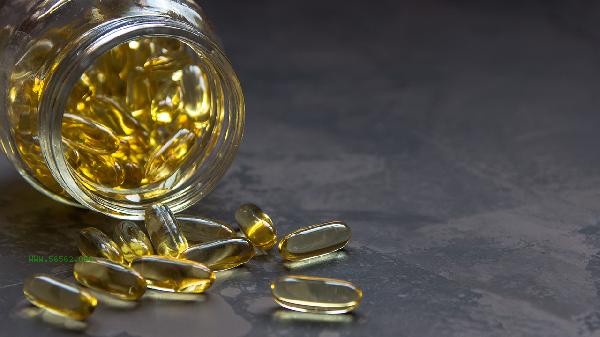Vitamin B cannot directly consume fat, but it helps promote fat metabolism. The vitamin B family mainly indirectly affects fat consumption through participating in energy metabolism, regulating sugar and lipid conversion, and other pathways. The main components involved in related processes include vitamin B1, vitamin B2, vitamin B6, vitamin B12, niacin, and other components.

Vitamin B is a water-soluble vitamin that participates in various metabolic reactions as a coenzyme in the body. Vitamin B1 can help convert carbohydrates into energy and reduce the probability of carbohydrates being converted into fat. Vitamin B2 participates in redox reactions, promoting protein and fat breakdown for energy supply. Vitamin B6 assists in amino acid metabolism and indirectly affects the activity of fat metabolism enzymes. Vitamin B12 works synergistically with folate to maintain neurological function and red blood cell production, potentially affecting basal metabolic rate. Niacin, as a coenzyme component, directly participates in the breakdown of fats and sugars. Although the vitamin B family has an auxiliary effect on fat metabolism, simply supplementing with vitamin B cannot directly consume fat. Fat consumption needs to be achieved through a calorie deficit, where the intake of calories is lower than the expenditure of calories. If there is a lack of vitamin B in the body, it may affect metabolic efficiency, but excessive supplementation does not accelerate fat breakdown. Lack of vitamin B1 may lead to impaired glucose metabolism, indirectly increasing the risk of fat accumulation. Long term alcohol abuse or gastrointestinal malabsorption may lead to vitamin B deficiency, and appropriate supplementation at this time can help maintain normal metabolic function.

It is recommended to obtain the B vitamins through a balanced diet. Whole grains, lean meat, eggs, green leafy vegetables, and other foods are rich in different types of B vitamins. Regular exercise and reasonable control of total calorie intake are necessary to effectively promote fat consumption. Avoid blindly supplementing large amounts of vitamin B supplements, as excessive intake may cause adverse reactions. If there are special health conditions or metabolic abnormalities, the diet and nutrient intake plan should be adjusted under the guidance of a doctor or nutritionist.




Comments (0)
Leave a Comment
No comments yet
Be the first to share your thoughts!